Unlocking the Benefits of Virginia Homestead Exemption
Now, let’s roll up our sleeves and dig into the Virginia Homestead Exemption, a financial boon that flies a bit under the radar. So what is this treasure? It’s a legal provision designed to safeguard your hard-earned home equity from the hungry jaws of creditors.
Back in the day, homestead exemption laws were enacted to protect homeowners during rough patches. Virginia’s own version of this life preserver extends a hand to folks hit by unexpected debts without forcing them to sell the roof over their heads.
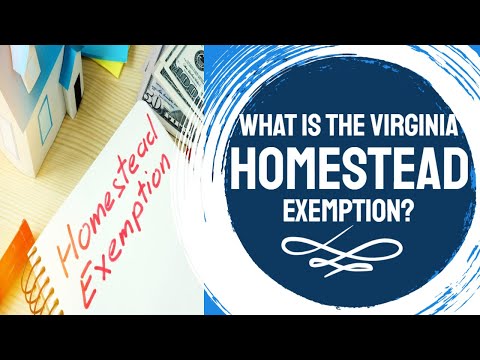
Eligibility Requirements for Homestead Exemption Virginia-Style
When it comes to eligibility, it’s not a free-for-all. Virginia’s Homestead Exemption requires a careful tango with several criteria – you’ve got to waltz with the rules for both property types and the owners themselves. Specifically, you’ve got to be a Virginia homeowner, cashing in on that sweet, sweet exemption for your primary residence only. Plus, let’s talk dough – if you’re sixty-five or older, or permanently swinging the disabled card, you could exempt up to $10,000. Think of it as the VIP perk of crossing certain life milestones.
Now, what’s with income considerations, you ask? Well, it’s like this: your income isn’t the headline act here – the focus is more on the equity side of things. So, you don’t need to sweat the income means test; just make sure you fit the property and personal criteria.
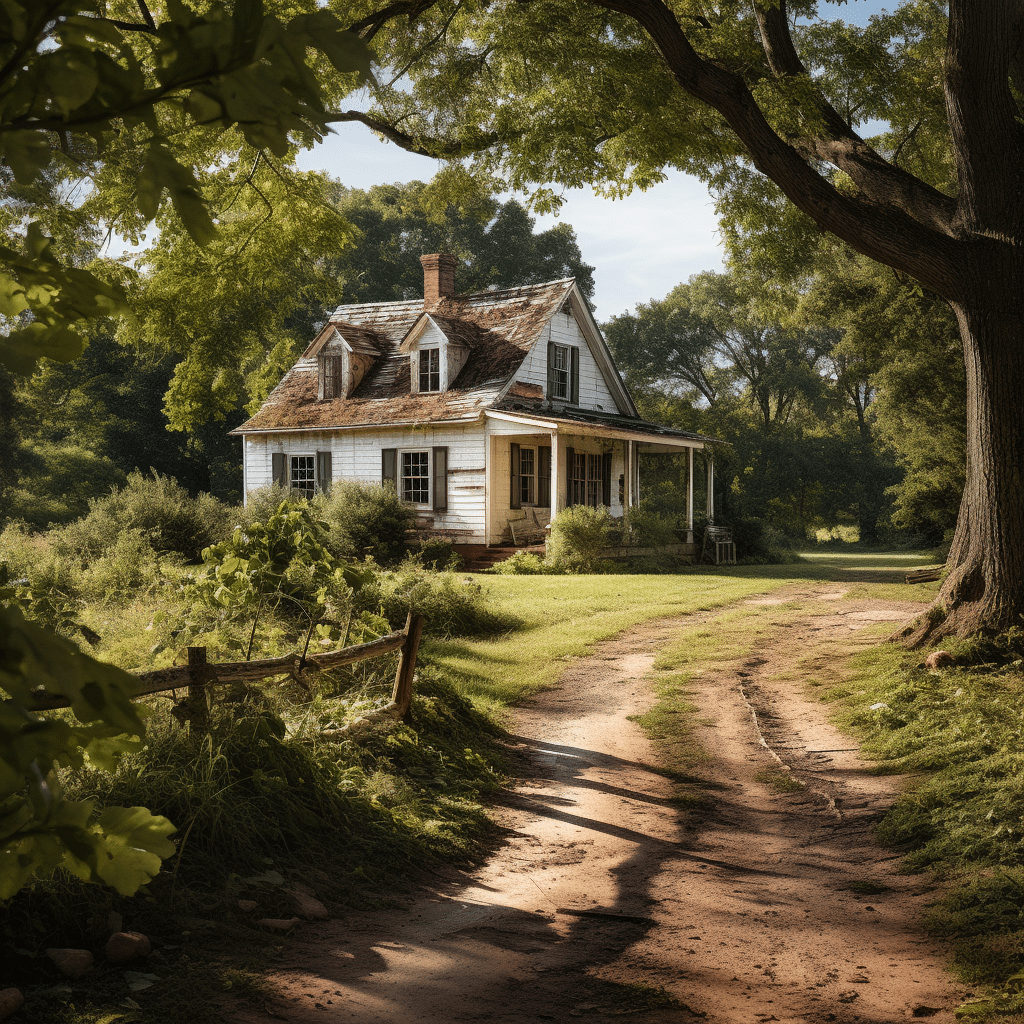
| Aspect | Details |
|---|---|
| State | Virginia |
| Basic Exemption Amount | Up to $5,000 of real estate |
| Additional for Dependents | $500 per dependent |
| Age 65+/Married Couple Amount | Up to $10,000 |
| Qualifying Criteria | Must be at least 65 years old or permanently disabled by the end of the previous year |
| Medical Affidavits | Required from two medical doctors licensed in Virginia or two military doctors for disability verification |
| Minor Child Allowance | $20,000, divided equally among any minor children if no surviving spouse |
| Priority | Homestead allowance has priority over all claims except family allowance and the right to exempt property |
| Function of Homestead Deed | Prevents creditors from attaching/levying personal property and real estate equity |
| Application | Protects against debts arising from creditor process, does not protect against secured debts like mortgages |
| Notes | Must file a Homestead Deed illustrating intention to claim the exemption |
The Financial Shield: How Virginia Homestead Exemption Works
Folks, imagine a shield that blocks off your home equity from those debt collectors’ clutches – that’s the Virginia Homestead Exemption for you. But how does it do its magic? Here’s the scoop: It’s like declaring “This slice of the pie – no touchy!” to your creditors on up to $5,000 of your property value (and don’t forget, that’s $500 extra for each kid tagging along).
Now, the exemption amount may seem like chump change at a glance, but let me tell you, it can work wonders on your property tax tab. Every dollar shielded from creditor claims is a dollar not accounted for in the taxman’s ledger. It’s smart home economics, plain and simple.
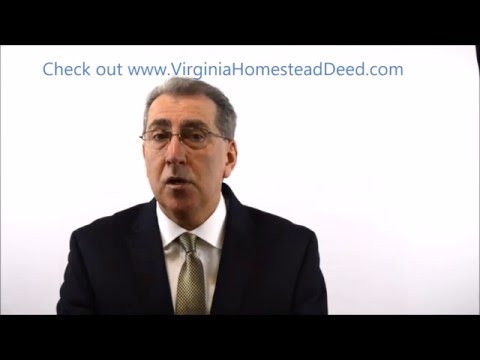
Step by Step: Claiming Your Homestead Exemption Virginia
Okay, time to get your ducks in a row, because claiming this exemption is not automatic. First, you gotta file a Homestead Deed – and timing is everything. Remember, deadlines wait for no one; they’re relentless. Next up, crank up the efficiency with proper documentation. This means getting those affidavits and proof of age or disability in pristine order. Don’t dawdle, because the early bird gets the exemption!
Here’s a no-brainer: check out Mortgage Rater for an easy-peasy breakdown on “mortgagee Vs mortgagor.” Why? Because smart homeownership starts with knowing the ins and outs of mortgage basics.
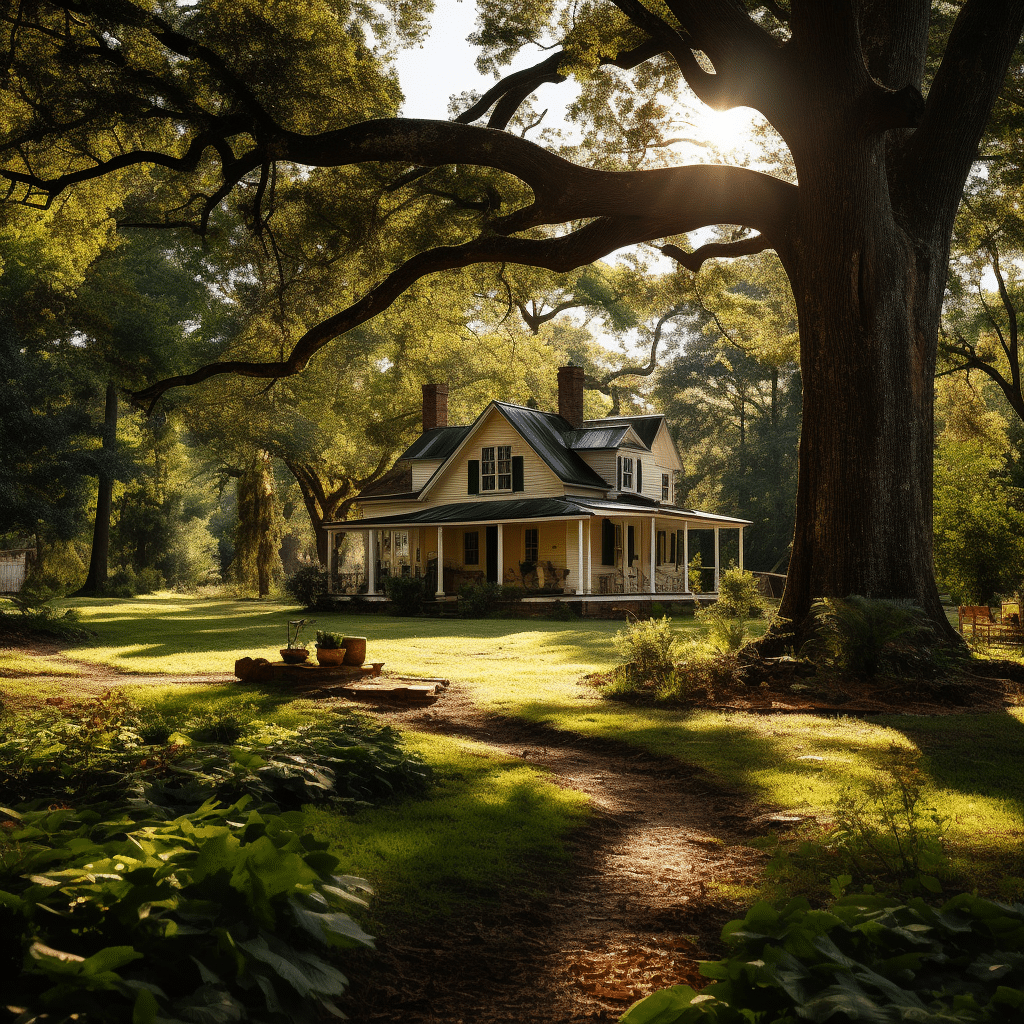
Virginia Homestead Exemption in Practice: Real World Scenarios
Let’s lace up our boots and walk through some actual cases. Imagine a retired couple in Virginia Beach, pressing the homestead exemption button and securing their home against a run of bad luck with medical bills. Boom – their home is safe.
Testimonials are flowing in with homeowners breathing easier, knowing their nest egg isn’t up for grabs. Real folks with real relief, thanks to this little-known superstar of the legal code.
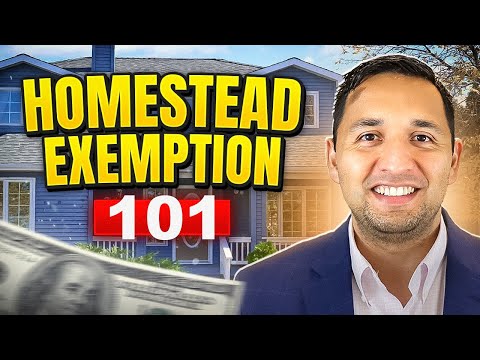
Beyond the Savings: Additional Perks of the Virginia Homestead Exemption
There’s more to this than meets the eye – perks that aren’t just about the Benjamins. Homeowners gush about the peace of mind and stable community vibes that come with exemption security. And let me spell it out: This isn’t just about tucking away your pennies; it’s about planting roots and growing community pride.
Comparative Analysis: Virginia Homestead Exemption vs. Other States
How does Virginia’s safety net stack up against others? Let’s say the side-by-side with, say, “homestead exemption Oklahoma” makes for an interesting yarn. Each state has its flavor, so savvy homeowners would do well to savor the regional nuances – after all, local spice always makes a dish.
When checking out “best States To raise a family,” count in the homestead exemption as part of that family-friendly recipe. Virginia might just surprise you with its savory blend of homeowner protections and sweet-living vibes.
Future Trends: Virginia Homestead Exemption in the Coming Years
Peering into the crystal ball, we see shifts and turns for the Virginia Homestead Exemption. Legislative whispers hint at groundbreaking reforms – who knows what added shields might be in the cards for homeowners?
Predictive know-how points to exemption inflations, bending to the winds of economic change. Stay tuned, because Virginia could serve up some interesting tweaks to this gem of homeowner defense.
Navigating Challenges: When Homestead Exemption Virginia Throws a Curveball
Now, don’t get blindsided by the curveballs. There’s a slew of pitfalls – think failing to file correctly or missing deadlines. Keep your eyes on the prize and bat away those challenges with good ol’ vigilance and proactive gambits.
If you swing and miss, and find yourself in a pickle, there’s always legal help to tap into. Resources are aplenty for Virginia homeowners in a jam – so you’re never flyin’ solo.
Empowered Ownership: Leveraging Homestead Exemption in Virginia to Your Advantage
Let’s swing into strategy—for smart, long-term home planning, the homestead exemption is a power play in your book of financial wellness. Think about it: If you’re angling for that “a mansion” lifestyle, starting with protections like these can lay the foundation for your castle in the clouds.
Weaving your homestead exemption into your overall financial strategy can be a game-changer. It’s about anchoring your ship in stormy seas – stability in a wobbly world.
Your Key Takeaways on Virginia Homestead Exemption Savings
Alright, loyal readers, as we wrap up this think piece, etch these top tips into your gray matter:
Folks, we’ve marched through the thick and thin of it, and now it’s your turn to take the reins of your Virginia home destiny. Remember, homes are not just structures; they’re the foundation of your personal empire. Use every tool in the shed, including the Virginia Homestead Exemption, to cement your stronghold. Happy homesteading, Virginia! 🏡
Fun Facts: Digging into Virginia’s Homestead Exemption
Whoa, Savings Ahead!
Hold your horses, homeowner! Did you know that in the Commonwealth of Virginia, the Homestead Exemption is like a knight in shining armor for your finances? That’s right! This nifty little legal provision is a game-changer for many. It shields a portion of your home’s value from creditors, potentially saving you from a real financial pickle if things get a bit sticky.
Fit Savings into Your Budget Like a Pro
Imagine trimming your expenses just like you’d chisel away at a workout. Speaking of chiseling, incorporating Emom Workouts( into your routine could beef up your fitness without siphoning off your savings—because let’s face it, the Virginia Homestead Exemption is like a trimming regimen for your property tax!
The Old Dominion’s Protective Umbrella
Ever felt like you needed an umbrella policy for your home? That’s essentially what the Homestead Exemption is—an umbrella that makes sure you aren’t totally drenched by financial storms. It covers up to a certain amount in home value, and let’s be real, in Virginia, that’s like finding a pot of gold at the end of the rainbow, isn’t it?
A Blast from the Past
You might be thinking, “Exemptions? Those sound as old as the hills!” Guess what? You’re not wrong. Virginia’s Homestead Exemption has roots way back when. We’re talking about a history as deep as the pockets you wish you had. This law has been safeguarding Virginians’ pads long before binge-watching was a thing.
Did You Say Cushion?
In the land of love—Virginia is for lovers, after all—the Homestead Exemption provides a love seat-sized cushion against debt collectors. If you’re ever in a tight spot, you’ll appreciate having that cushion more than a comfy sofa on movie night.
Savings So Good, You’ll Want to Yelp “Eureka!”
All this talk about savings, and you might be yelling “Eureka!” as if you’ve just struck gold. But don’t just take our word for it—doing the numbers can feel as rewarding as finding a treasure chest in your backyard. This exemption might just be the ace up your sleeve to keep a bit more of your hard-earned cash where it belongs—in your pocket!
By now, you’re probably thinking that the Virginia Homestead Exemption is the bees’ knees—and you’re not alone. It’s an invaluable facet of property ownership in the state, and knowing these quirky tidbits about it can make you the life of the next neighborhood barbecue. Go ahead, drop that knowledge, and watch your neighbors’ faces light up with the “aha!” moment.
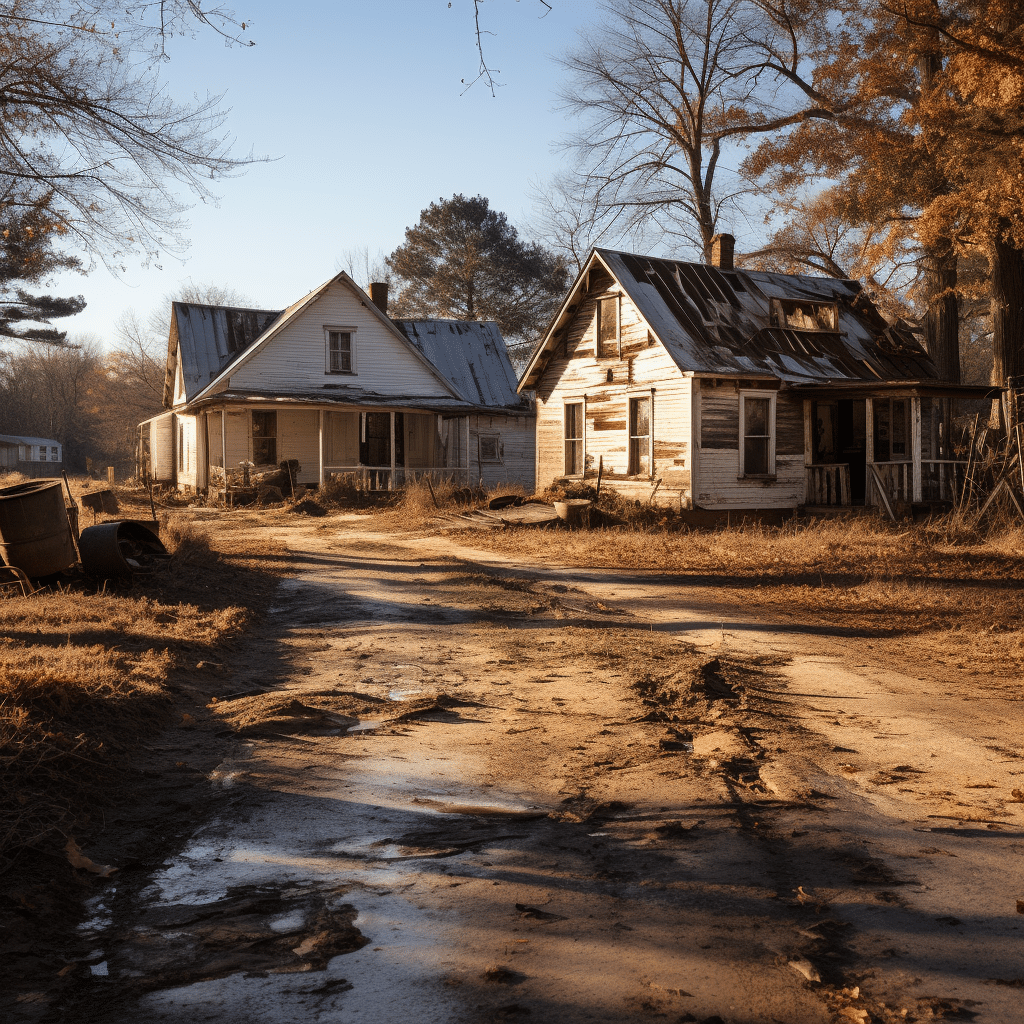
Who is eligible for homestead exemption in Virginia?
Well, if you call Old Dominion home, a homestead exemption might just be up your alley—if you’re a permanent resident, that is. In Virginia, you’re eligible if the property’s your main place hang your hat, so long as you’re the homeowner living there full-time. So, if you’ve got a little nest you call home, you could be in luck!
How do I become exempt from property taxes in Virginia?
Now, here’s the skinny on skirting property taxes full stop in Virginia. Ain’t a walk in the park, but you can become exempt if you qualify for certain conditions like being a senior citizen, having a disability, or rocking a veteran status with a 100% service-connected disability. Time to dot those i’s and cross those t’s, because you’ll have to apply through your local commissioner of the revenue or tax assessor’s office.
What is the homestead allowance in VA?
When it comes to the homestead allowance in Virginia, it’s no carnival prize—but hey, it can help when tough times hit. Ain’t a fixed amount, either; it changes based on your financial sitch, but it’s like a shield for up to $5,000 of your property’s value, or $10,000 if you’re a senior or disabled.
What is a homestead deed in Virginia?
Homestead deed in Virginia, you ask? Oh, it’s your golden ticket to protecting some of your dough if you’re ever in a financial pickle. It’s a legal doc that gives you a fighting chance to safeguard a chunk of your property against those pesky creditors.
How do I homestead my house in Virginia?
Looking to plant your flag and say “This castle is mine!” with a homestead in Virginia? You’re gonna need to roll up your sleeves and file a homestead declaration at your local courthouse. It’s your way of telling the world that your homestead is your fortress against debts that come knocking.
Do seniors over 65 pay property taxes in Virginia?
Well, do seniors over 65 get a hall pass on property taxes in Virginia? Sorta—it’s more of a ‘maybe’ than a ‘definite yes’. If you meet certain income or financial criteria, Virginia might just let you off the hook or reduce your tax bill. Check with your county because it’s their call.
At what age do you stop paying state taxes in Virginia?
And when does Virginia give you a break from forking over those state taxes? There’s no magic number when you get to rip up the tax bill, but some seniors might get a breather on real estate taxes if they’re on a fixed income or if they’ve reached the ripe age of 65 or older. Don’t take my word for it, though—best double-check with your tax office!
Are seniors exempt from property taxes in Virginia?
For all you seasoned folks wondering about a tax pass in Virginia, it’s hit or miss. Seniors aren’t automatically exempt, but if your wallet’s feeling light, you could qualify for some tax relief on your property based on income or disability status. Time to chat up your local tax office.
Who qualifies for personal property tax relief in Virginia?
And who gets to slide on personal property tax in Virginia? If you’ve got a vehicle and you’re a veteran with a 100% service-connected disability or if you meet certain other specific criteria, you might just get to keep a bit more of your hard-earned money in your pocket.
Does a spouse automatically inherit everything in Virginia?
Now, if the worst happens and a spouse passes away, does everything just fall into the other’s lap automatically in Virginia? Not quite. It can be a straight shot if there’s a will or if the assets are all set up to pass on like joint accounts, but otherwise, state laws step in to divvy up the loot—it’s a slice and dice affair.
When a husband dies what is the wife entitled to in Virginia?
When the grim reaper does his thing, what’s a wife get in Virginia? It can be clear cut if there’s a will, but without one, she might get the whole shebang or just a piece of the pie—it all depends on who else is in the family photo.
What is the survivorship law in Virginia?
Survivorship law in Virginia, what’s that about? Basically, if two people owned something together and one kicks the bucket, the survivor might get it all, smooth as butter. But, hey, it’s all about how the deed or account was set up—joint tenancy with the right of survivorship is the magic phrase here.
How do I file a homestead deed in Virginia?
So, you wanna stake your claim with a homestead deed in Virginia? Saunter on over to your local circuit court clerk’s office, file the paperwork, and pay any fees to get the ball rolling. Just remember to do your homework—it’s not a one-size-fits-all kind of deal.
Does Virginia have a wildcard exemption?
Ever heard of a wildcard exemption in Virginia? It’s a nifty little thing that lets you protect up to $5,000 worth of any property you own—not just the homestead—plus unused homestead exemption amounts up to $5,000. It’s like a get-out-of-debt-jail card, but make sure you play it by the rules.
Is Virginia a deed or mortgage state?
Is Virginia a deed or mortgage state? Well, here’s the scoop: Virginia’s a deed of trust state. This means when you get a mortgage, you’re actually dealing with a deed of trust instead. Your house is in a three-way with you, the lender, and a trustee—until you pay off that home loan.
Do seniors have to pay personal property tax in Virginia?
And do Virginia’s seniors have to pony up for personal property tax? It’s not a flat-out ‘no’, but there might be some wiggle room. Some places offer tax relief or exemptions if you’re up there in years or if your wallet’s stretched thin. Gotta check with the local tax folks, though.
What is the tax break for seniors in Virginia?
Talkin’ ’bout tax breaks for seniors in Virginia, it’s a mixed bag. Depending on where you hang your hat, you might get a discount on property taxes if you meet the age and income requirements. It’s nothing to sneeze at—a little extra green in the pocket never hurt!
Is there an estate tax exemption in Virginia?
Regarding estate tax exemption in Virginia, you’re in luck—Virginia said “no thanks” to the estate tax. So, when someone’s number is up, there’s no state estate tax to worry about. Still, Uncle Sam might want a piece if the estate’s chunky enough for the federal estate tax.
What are the tax laws for retirees in Virginia?
Last but not least, tax laws for retirees in Virginia don’t stray far from the usual—your Social Security might be free from state taxes, but other retirement income? That’s fair game. The good news? There are some deductions specifically for the 65-and-older crowd, so it’s not all doom and gloom.



